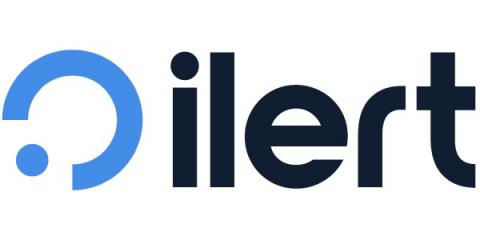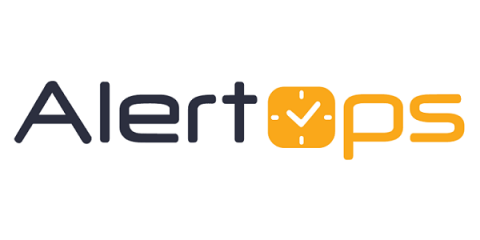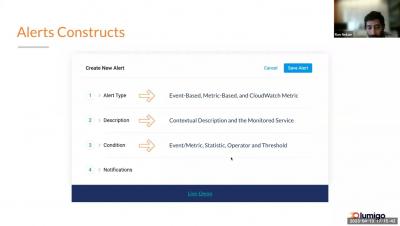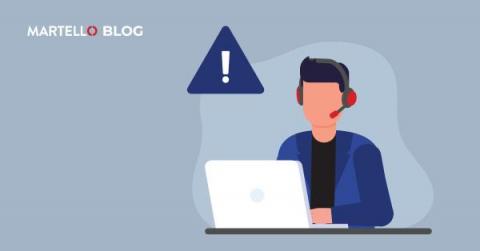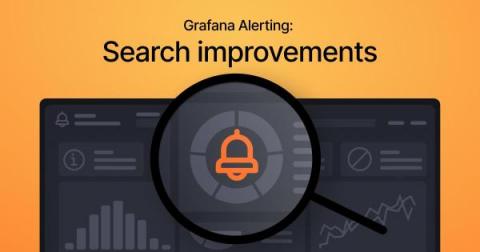Operations | Monitoring | ITSM | DevOps | Cloud
Alerting
Teamwork Without Borders: How to Create a Strong Team Culture Across Time Zones
Working across different time zones can present significant challenges when it comes to fostering a team culture. I came across a typical scenario in a geographically distributed team with their Engineering team members based in New York and Poland. They are set to welcome a new Director of Engineering based on the West Coast. With minimal daily overlap between the teams, the question arose about how to create and manage their team culture.
IT Incidents vs. Alerts
IT incidents are events which lead to a disruption or deviation from the regular operating standards of a computer system or network. They can be caused by various factors, including hardware or software failures, human error, or even deliberate external (cybersecurity) attacks. It begins with short delays, or services cutting out - for example, when a website or server is down, or access to data(bases) takes too long.
Suppressing Server Alerts
Automated Incident Management
Alarm Notification Software: SIGNL4 is test winner
The renowned German manufacturing magazine “Factory Innovation” recently conducted a comprehensive practical test on four leading alarm notification software for industrial manufacturing in their latest issue (01/23). The four alarming systems that were evaluated include: the Alarm Control Center from Alarm IT Factory (a spin-off of Siemens AG), ALERT 4.0 from Micromedia, the Alarm and Information Portal (AIP) from VIDEC, and SIGNL4 from Derdack.
Lumigo Product Training: Actionable Alerts
Using Practical Alerting to Stay on Top of Teams Call Quality - Part 1
In the modern workplace, more and more organizations are relying on tools like Microsoft Teams to stay connected and productive. However, with the rising usage of these tools comes the potential for technical difficulties that can impact call quality and overall performance. This can be frustrating for teams trying to get work done, but there are ways to stay on top of these challenges.
Transforming Incident Management with KPIs: A Comprehensive Guide
In modern times, the significance of digital experiences cannot be overstated across various industries. Thus, a well-designed and effective incident management system is essential to ensure the smooth running of businesses and prevent any revenue loss. The ability to respond and resolve incidents promptly enhances the dependability and trustworthiness of businesses in the eyes of their users. Conversely, failure to handle incidents efficiently can lead to negative consequences.
Grafana Alerting: Searching for Grafana alerts just got faster, easier, and more accurate
Grafana Alerting enables users to create and customize alert rules as separate entities and link them to Grafana panels. It also supports various data sources with built-in alerting engines, such as Prometheus, Grafana Mimir, and Grafana Loki, allowing users to manage their alert rules directly from Grafana’s UI.




